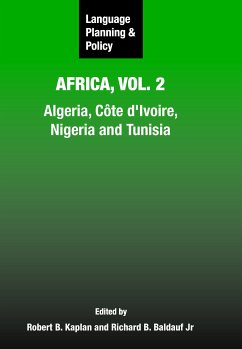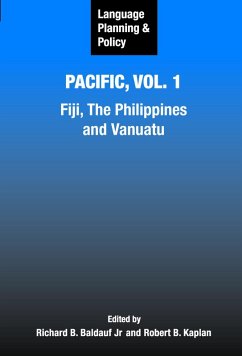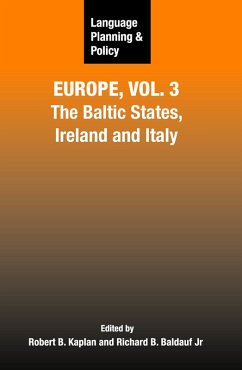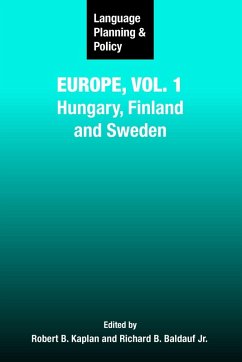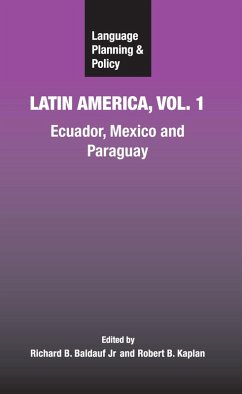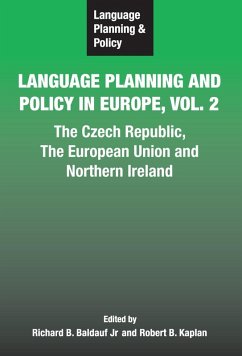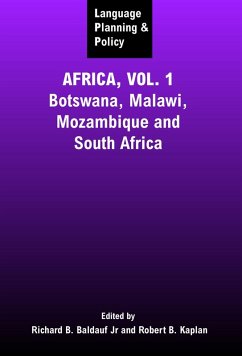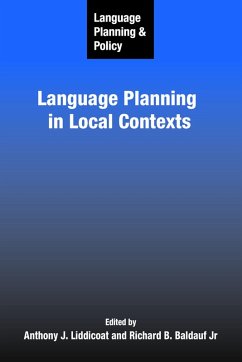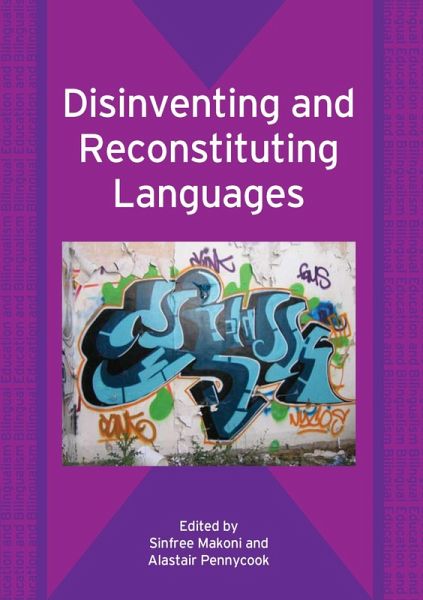
Disinventing and Reconstituting Languages (eBook, PDF)

PAYBACK Punkte
6 °P sammeln!
This book questions assumptions about the nature of language and how language is conceptualized. Looking at diverse contexts from sign languages in Indonesia to literacy practices in Brazil, from hip-hop in the US to education in Bosnia and Herzegovina, this book forcefully argues that a critique of common linguistic and metalinguistic suppositions is not only a conceptual but also a sociopolitical necessity. Just as many notions of language are highly suspect, so too are many related concepts premised on a notion of discrete languages, such as language rights, mother tongues, multilingualism,...
This book questions assumptions about the nature of language and how language is conceptualized. Looking at diverse contexts from sign languages in Indonesia to literacy practices in Brazil, from hip-hop in the US to education in Bosnia and Herzegovina, this book forcefully argues that a critique of common linguistic and metalinguistic suppositions is not only a conceptual but also a sociopolitical necessity. Just as many notions of language are highly suspect, so too are many related concepts premised on a notion of discrete languages, such as language rights, mother tongues, multilingualism, or code-switching. Definitions of language in language policies, education and assessment have material and often harmful consequences for people. Unless we actively engage with the history of invention of languages in order to radically change and reconstitute the ways in which languages are taught and conceptualized, language studies will not be able to improve the social welfare of language users.
Dieser Download kann aus rechtlichen Gründen nur mit Rechnungsadresse in A, D ausgeliefert werden.





